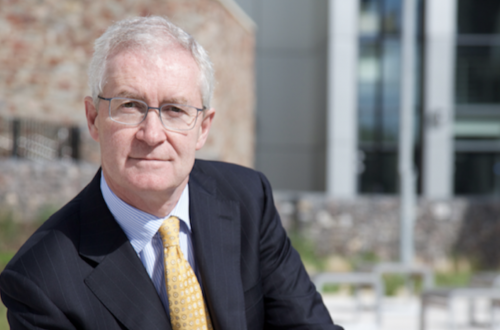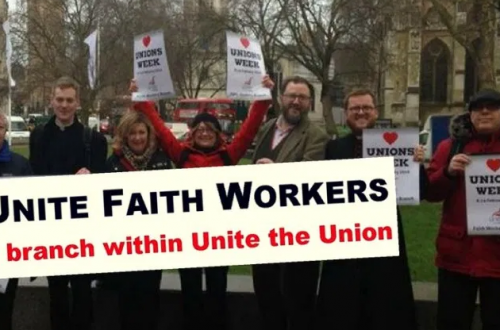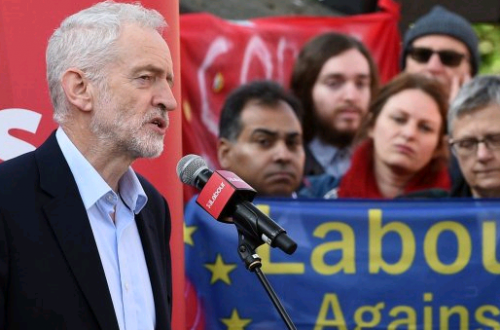Here’s a link to the closing statements from the three members of Pussy Riot. There’s some interesting, powerful analysis – though I’ll confess that, between the comparisons to Christ and Socrates, it was good to read this slightly more self-deprecating self-evaluation:
As it turned out, our performance, at first a small and somewhat absurd act, snowballed into an enormous catastrophe. This would obviously not happen in a healthy society.
Yekaterina Samutsevich’s analysis of the co-option of the Orthodox Church by Putin’s regime (and vice versa) reminded me of a startling detail(£) in a recent Times leader:
The Church in the person of Patriarch Kiril has described the State in the form of Mr Putin as “a miracle of God”.
Maria Alyokhina’s statement paused on the use of the epithet ‘so-called’:
And what really irritates me is how the prosecution uses the words “so-called” in reference to contemporary art.
I would like to point out that very similar methods were used during the trial of the poet [Joseph] Brodsky. His poems were defined as “so-called” poems; the witnesses for the prosecution hadn’t actually read them—just as a number of the witnesses in our case didn’t see the performance itself and only watched the clip online. Our apologies, it seems, are also being defined by the collective prosecuting body as “so-called” apologies. Even though this is offensive. And I am overwhelmed with moral injury and psychological trauma. Because our apologies were sincere. I am sorry that so many words have been uttered and you all still haven’t understood this. Or it is calculated deviousness when you talk about our apologies as insincere. I don’t know what you still need to hear from us. But for me this trial is a “so-called” trial. And I am not afraid of you. I am not afraid of falsehood and fictitiousness, of sloppily disguised deception, in the verdict of the so-called court.
Because all you can deprive me of is “so-called” freedom. This is the only kind that exists in Russia. But nobody can take away my inner freedom.
Earlier Nadezhda Tolokonnikova had asserted that there was something Stalinist about this trial, and ‘so-called’ perhaps helps creates that resonance. It certainly jarred when the UCU’s Motion 70 referred to the ‘so-called “EUMC working definition of antisemitism”’ in their denunciation of that set of guidelines.
I’d be interested to hear what other readers think of these statements from the members of Pussy Riot.
The final verdict will be delivered on Friday.


